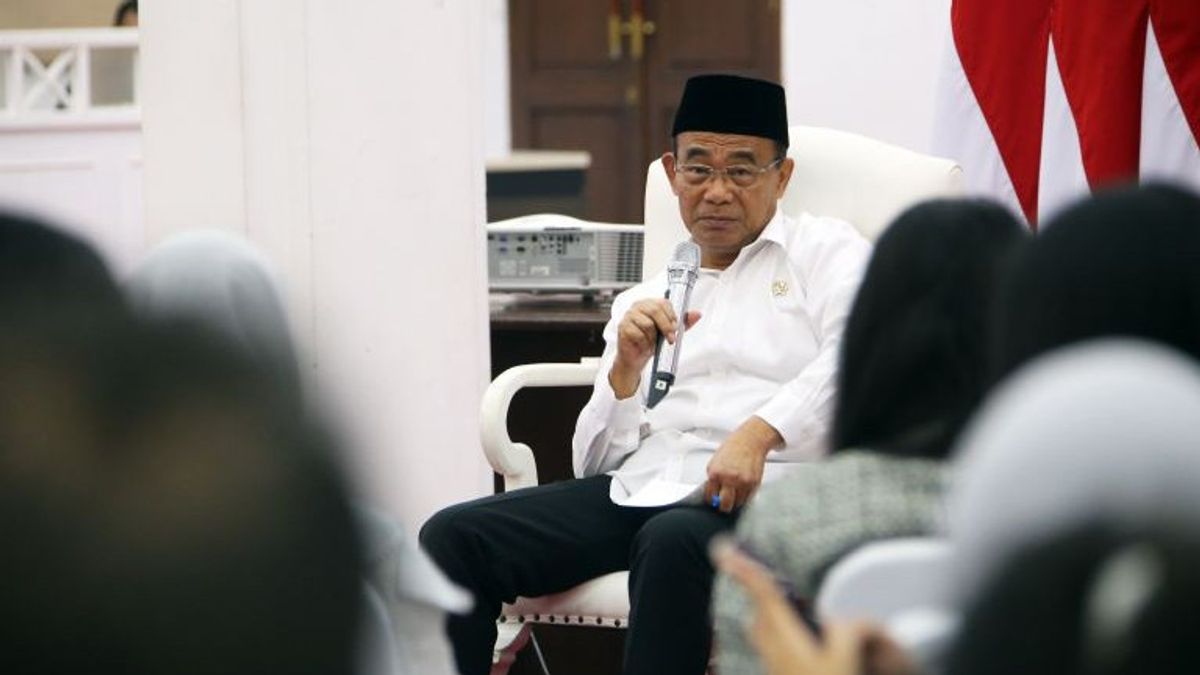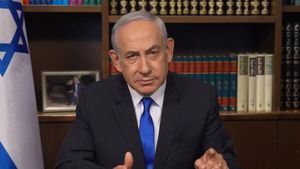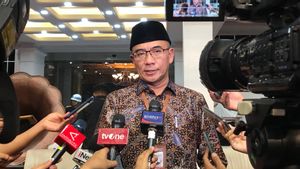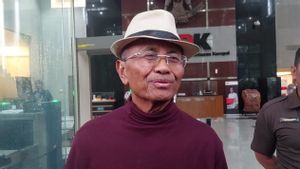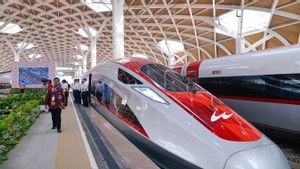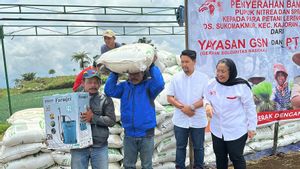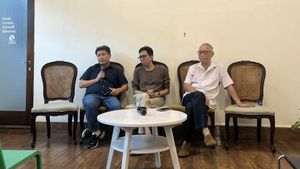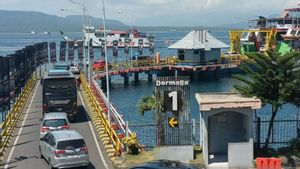Coordinating Minister for Human Development and Culture (Menko PMK) Muhadjir Effendy emphasized that social assistance (bansos) was no longer given in physical form to the community through the Family Hope Recipient Program (PKH) and Non-Cash Food Assistance (BPNT).
"So if the social assistance is actually not physical, because it has been received through the accounts of each beneficiary family, both in the form of PKH and BPNT directly to the accounts of each recipient," said Muhadjir as quoted by ANTARA, Wednesday, July 3.
Muhadjir explained that the assistance provided was in the form of basic necessities, both by the President and the minister, not in the social assistance category, but using social program funds or ministerial operational funds.
"In the form of basic necessities, it's not actually social assistance, if the President who divides it is actually from the President's social program funds, there are tactical funds, not only the President, but I as the Coordinating Minister for Human Development and Culture can also get the name of the ministerial operational funds (DOM)," he said.
He also emphasized that social assistance was already in the nomenclature of the State Budget and was in the form of non-cash.
"It has been entered in each beneficiary family account (KPM), especially the PKH program, which amounts to around 10 million KPM, while BPNT 19 million 800 thousand KPM," he said.
Meanwhile, the assistance in the form of rice, he continued, came from the Government's food reserves and not including social assistance, but from the State General Treasurer's Budget Section (BA BUN).
SEE ALSO:
"If the rice comes from government food reserves, the funds are not from social assistance but from BA BUN, to intervene mainly due to scarcity of food or expensive rice," said the Coordinating Minister for Human Development and Culture.
The social assistance includes one of the Government's schemes to reduce poverty and eliminate extreme poverty.
The government has implemented three main strategies, namely reducing expenses on expenses, increasing income, and reducing poverty pockets that are running convergently and integrated. This is done as a tangible manifestation to protect vulnerable groups from falling into poverty and gaining equal access to basic needs.
Muhadjir said that although currently the poverty and extreme poverty rate has not met the target set by President Joko Widodo, his party remains optimistic that by the end of 2024 the figure can achieve this target.
"Indeed, the target is for poverty of 7.5 percent, and our position is 9.03 percent. We hope that a consistent decline of 2.33 percent, then by the end of the year it should be below 9 percent, meaning that it is below 8.5. For extreme poverty, I am optimistic that by the end of 2024, although it is not zero, it should be below 0.5 percent," he said.
The English, Chinese, Japanese, Arabic, and French versions are automatically generated by the AI. So there may still be inaccuracies in translating, please always see Indonesian as our main language. (system supported by DigitalSiber.id)
